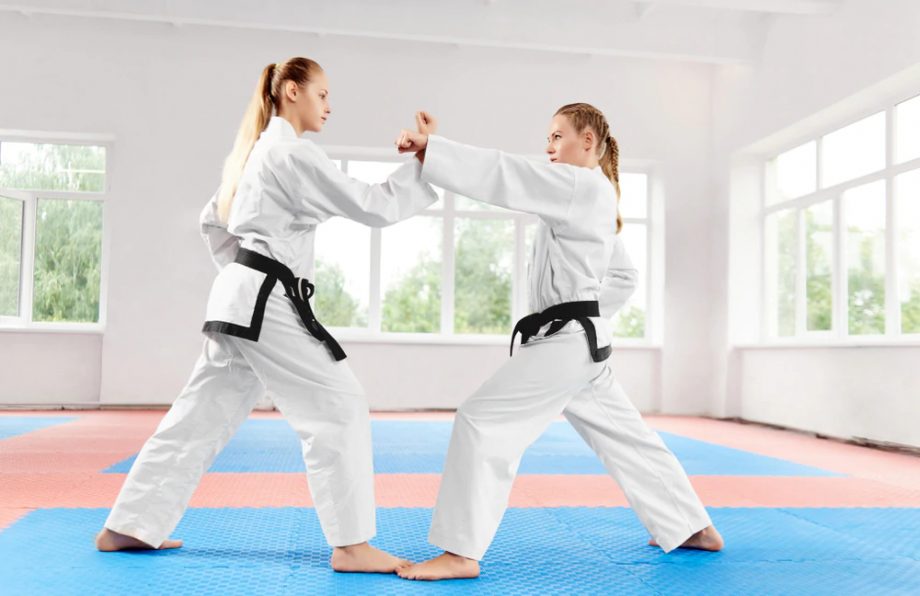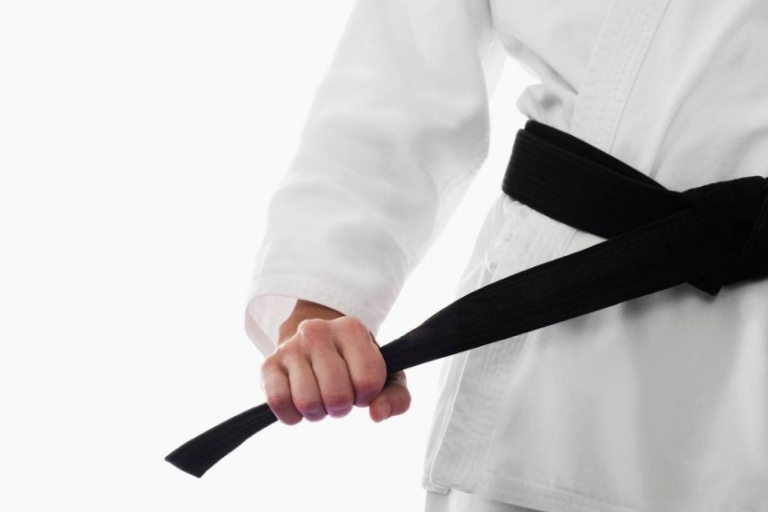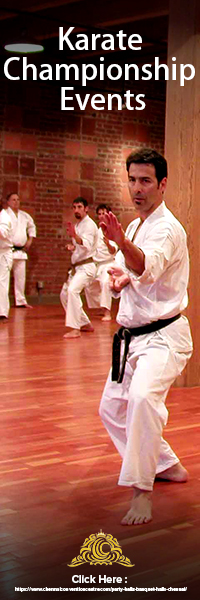Karate. What Does This Imply?
Karate is a Japanese martial art, but what does it mean in the language? It’s an intriguing word with such a pleasant sound to it. But if you don’t speak Japanese from this point on, we won’t know much about KarateKarate other than that its Wikipedia page says, “it’s also known for being one of the most popular global forms.” So why not learn more about KarateKarate and find out just how awesome something can be before judging any further.
The English Definition of Karate:
Karate is the term most closely associated with martial arts in Western culture, which may lead you to think that all of these films are made by Karate experts. If your friends practice Kung Fu or Tae Kwon Do, they might ask about how good your skills at this form of fighting are.
Why?:
When the US liberation of Okinawa from Japanese occupation ended in 1945, many soldiers studying Karate.Karate were left behind on their return to America. The martial art was new and exciting; Okinawan-Americans took it home with them as a way for others to understand where they came from.
In Japanese, What Does Karate karate Mean?:
Karate is a martial art form that developed in Okinawa, Japan. This fighting system has been around for centuries, and it involves kicking, punching, blocking, and throwing the opponent to take them down. The whole concept behind this type of combat could be translated as “empty hand” or “way.”
The Origins Of The Word Karate
“Karate’s definition has a fascinating history. You might think KarateKarate is centuries-old because it is so well-known in the United States, and most people know that martial arts are centuries old, but this isn’t true! Back when ‘karate’ was decided as the name for the art of fighting by striking with one or both hands 10 to 500 times per minute from 1942 through 1945 (yes, really!), it wasn’t even called “karate.” How did we get here? Let me explain!”
Karate is a Japanese martial art that has Chinese roots. It was developed in Okinawa, and throughout history, Okinawans have felt an affinity with China because of their shared proximity to the island nation. They would go to great lengths to learn from these masters who had gained unparalleled mastery over combat techniques through years of practice and refinement throughout the centuries. Their favorite was Chinese culture, which included all aspects, including its physical arts – especially kung fu!
Chinese Hand is a phrase that means Chinese Hand. The art was known in Okinawa as Toudi, which means to “to hand” or the act of giving something with one’s hands. Isn’t it amazing how words can signify so much? An example is when you say Empty Hand and think about an empty arm without any money in its palm; this song talks about being homeless because all your friends have left you behind after going their separate ways into life goals they chose for themselves on their own accord while leaving me standing there like I’m outcast from society with nothing but my two hands still clawing at the dirty ground where we used to play together not too long ago.#
What Should They Name It, Though?:
As a result, instead of calling it Tou-Kara as the original name suggested, they decided to call it Kara.
Isn’t that clever?
You’re not going to believe this! They changed the original character with another pronounced “Kara,” but who might also read it as “empty.” What does that mean? We just talked about Karate in Japanese, right? The word there is spelled Kara. It means empty, and so Empty Hand becomes Chinese Hand instead of English Hand (haha).
Adding The Word “do.”:
It was also during this time that the suffix “do” was added to the end. In Japanese, do means ‘way’ or ‘route.’ This is meant to convey KarateKarate as more than just a self-defense technique but rather a way of life for practitioners who are expected not only to compete and excel against themselves by exceeding their standards – it’s about pushing themselves hard enough so they can find peace within themself.”
The History Of Karate:
Karate may have only been around for a century, but its practitioners are heirs to centuries-old tradition. Karate students learn the Empty Hand’s Way and protect themselves when they don’t have any weapons– not just from the physical assault but also mental attack. They’re learning more than self-defense, though; these martial artists are receiving an education in the discipline, the strength of willpower as well as honorable conduct that spans generations.







